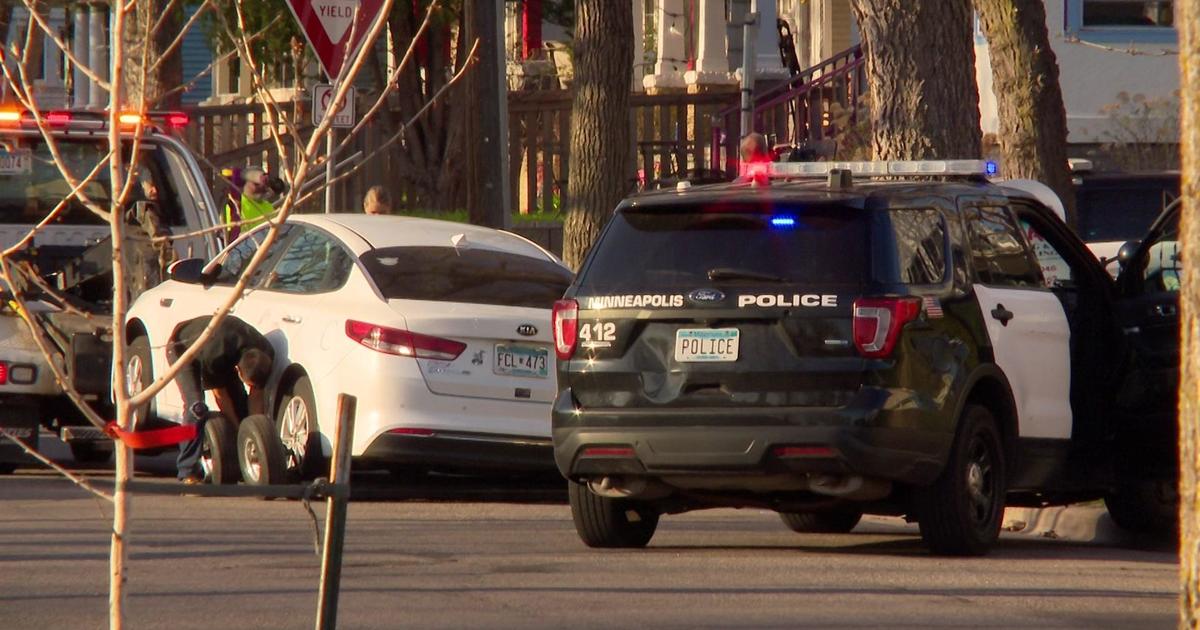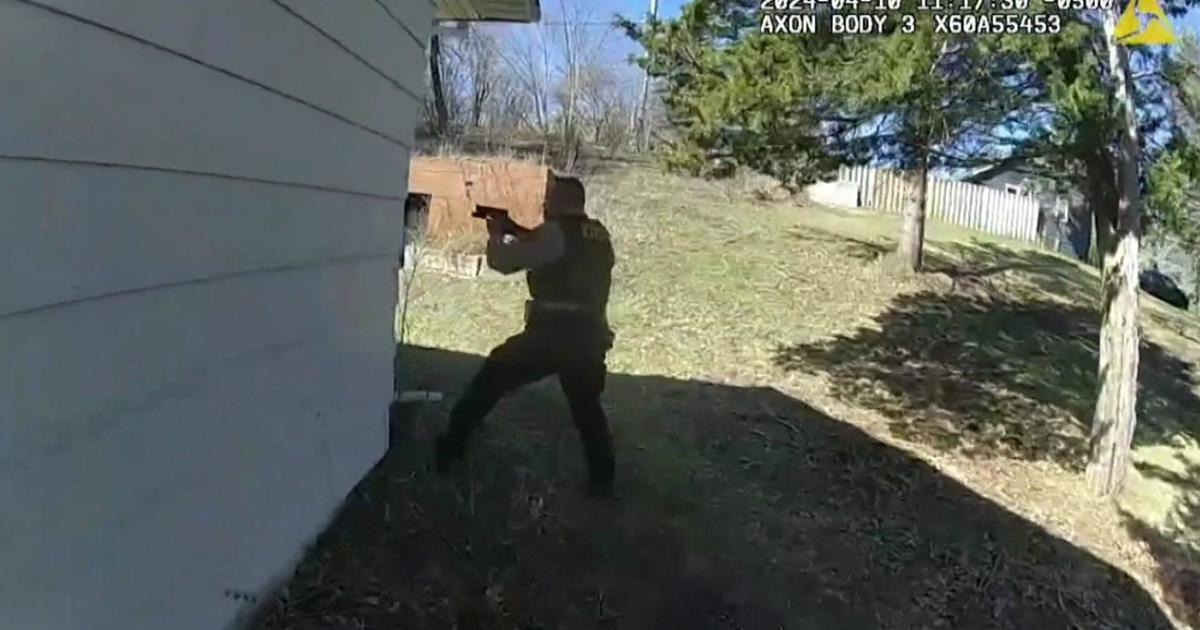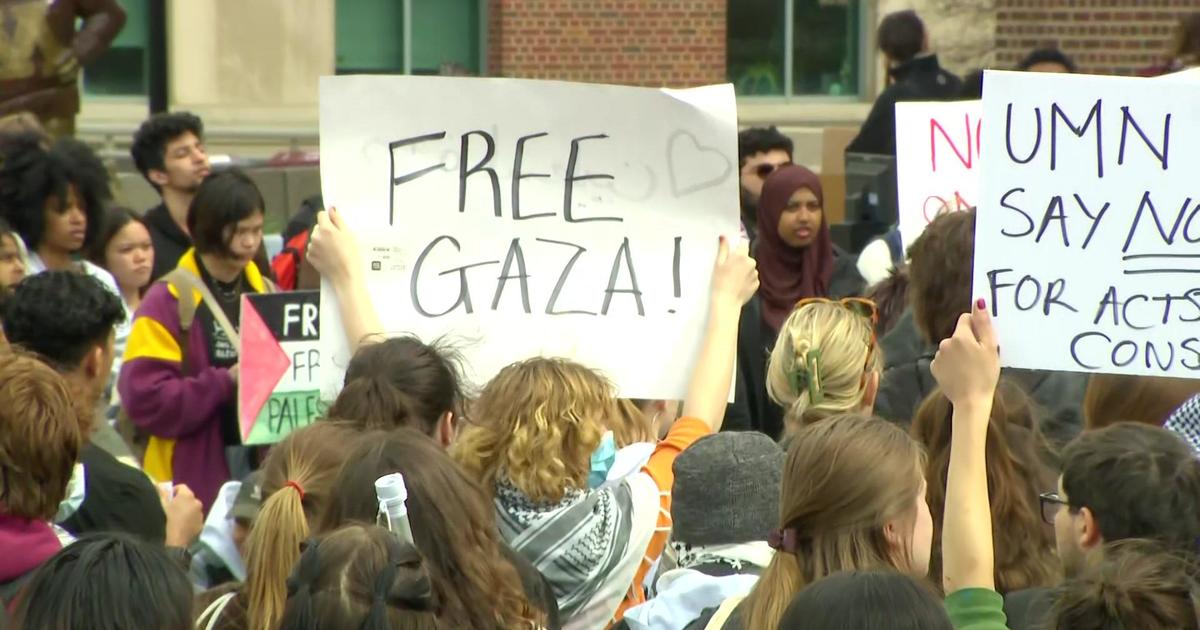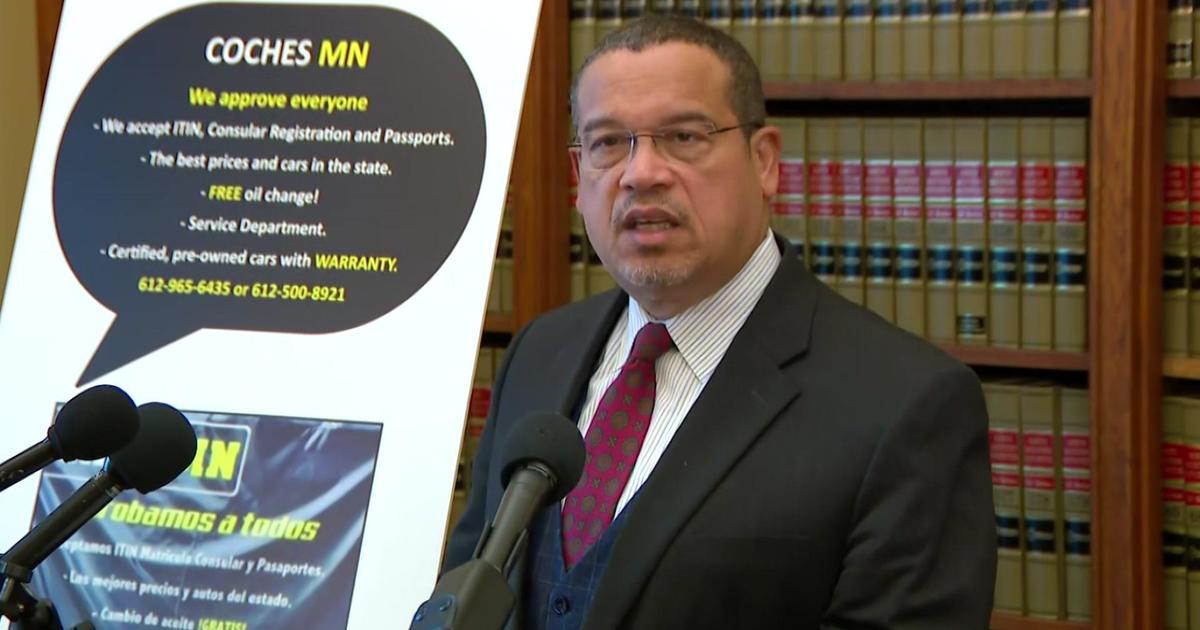Sources: Judge Peter Cahill Signed 'No-Knock' Warrant That Ended In Police Shooting Of Amir Locke
MINNEAPOLIS (WCCO) - Two sources confirm to WCCO-TV that Judge Peter Cahill, who presided over the Derek Chauvin trial, signed off on the "no-knock" search warrant that ended in the fatal police shooting of Amir Locke on Wednesday morning.
The original search warrants remain under seal as they are part of an active homicide investigation, St. Paul police said on Friday evening.
A source also told WCCO-TV's Jennifer Mayerle on Friday that St. Paul police originally asked the Minneapolis Police Department to serve a "knock-and-announce" warrant, but only went back to get the "no-knock" warrant after MPD said they would not serve the first one. St. Paul police said it is common practice to ask outside agencies to assist with the execution of a search warrant.
Cahill rose to prominence during the trial of former Minneapolis Police Officer Derek Chauvin, who was convicted of murdering George Floyd in May of 2020. It was the first time in state history cameras were allowed into the courtroom for gavel-to-gavel coverage.
On Friday evening, Minneapolis Mayor Jacob Frey imposed a moratorium on both the request and execution of "no-knock" warrants in the city. Exceptions include situations where there is "imminent threat" to an individual or the public, and the warrant must be approved by Interim Police Chief Amelia Huffman.
Locke, 22, who was killed during the raid at Bolero Flats, was not named in the original warrant. Body camera footage shows SWAT team members announcing their presence as they cross the threshold into the apartment and Locke rises from the couch, covered in a blanket. He is holding his gun, which he was legally permitted to carry, and he is shot by Officer Mark Hanneman seconds later.
Protestors have called for Hanneman to be fired, arrested, and charged with murder.
The Police Officers Federation of Minneapolis issued a statement in response to the "no-knock" search warrant:
"The Minnesota's Bureau of Criminal Apprehension will gather the needed facts for the investigation, and no conclusions should be made until the investigation is complete.
Policing, particularly with a SWAT team, is a dangerous, high-stress profession where officers are forced to make important split-second decisions in defense of themselves and fellow officers, especially when weapons are involved. Weapons are drawn and used when officers are faced with significant safety threats.
This particular SWAT team was conducting a homicide-suspect search warrant, authorized by a judge, as part of an investigation of a violent crime. Officers were obviously prepared for a very dangerous and high-risk situation. During the event, as shown in the body-camera footage, Officer Hannemen quickly encountered Mr. Locke who was armed with a handgun and made the decision to use deadly force. No officer goes into a dangerous setting like this wanting to use a weapon. That decision was not taken lightly, and the impact of the use of deadly force will affect these officers, their families, and the family of Mr. Locke for the rest of their lives.
We express our sympathies to the family for the loss of Amir Locke that resulted from this tragic chain of events as well as our support of the officers and their families."



